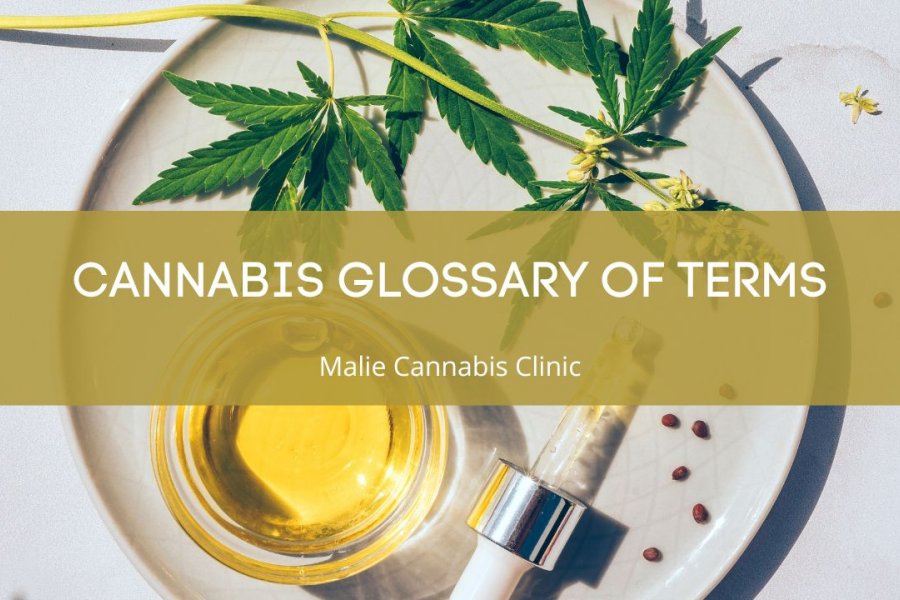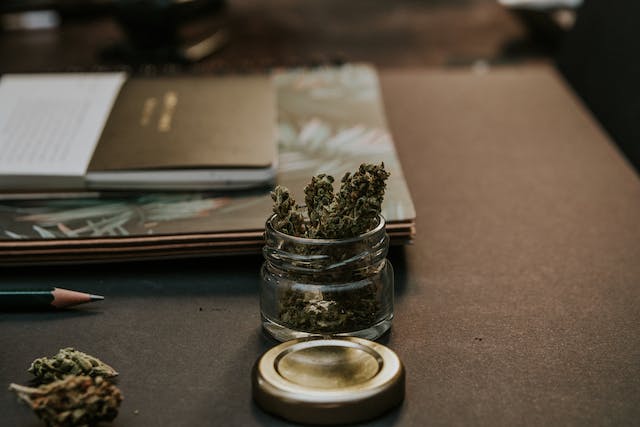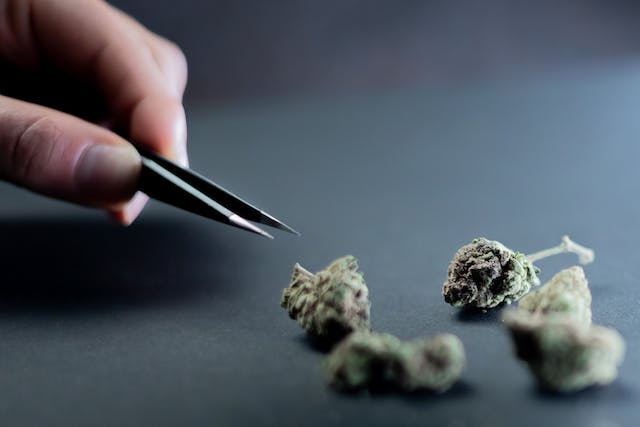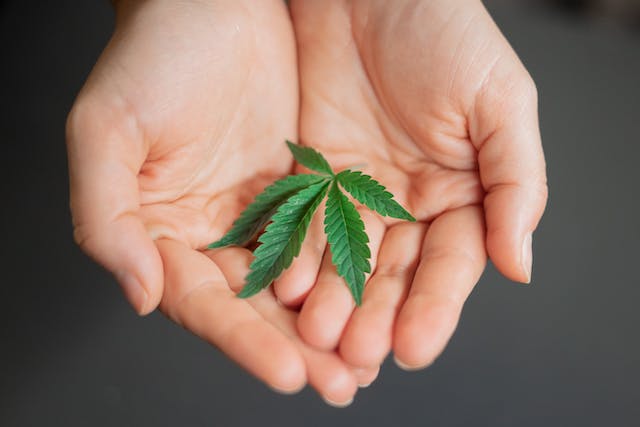
Navigating the complexities of terminology relating to medical cannabis can be daunting. To simplify your learning experience about this plant and its myriad possibilities, we've crafted this guide. Our goal is to furnish you with a straightforward compilation of words and terms associated with the cannabis industry.
Types of Cannabis & Their Main Characteristics
Let’s start by looking at a few of the main cannabis types and their defining characteristics:
- Marijuana: Frequently employed to describe cannabis strains with high THC content, this term is commonly associated with the recreational or medicinal use of cannabis.
- Cannabis: Serving as the overarching term for the plant family encompassing various strains and types, including hemp and marijuana.
- THC (Tetrahydrocannabinol): Serving as the centrepiece in the cannabis world, THC is the primary psychoactive compound responsible for the euphoric 'high.' It also carries potential therapeutic benefits, such as relief from pain and nausea.
- CBD (Cannabidiol): Acting as the counterpart, CBD is a major cannabis compound that lacks psychoactive effects, distinguishing it from THC. Despite not inducing a high, CBD is recognized for its potential therapeutic benefits, such as alleviating pain and anxiety.
- Indica: Recognized for its potentially calming effects, Indica is a type of cannabis recommended for nighttime use.
- Sativa: Acknowledged for its potentially invigorating effects, Sativa is a type of cannabis often suggested for daytime use.
- Hybrid: Resulting from crossbreeding two distinct cannabis strains, often combining Indica and Sativa traits to generate a novel and distinctive hybrid plant.

Cannabis Elements & Impacts
The following are the elements and impact of cannabis:
- Cannabinoids: These are the chemical compounds found in cannabis responsible for alleviating various symptoms, such as pain, nausea, and inflammation.
- Cannabinol (CBN): Cannabinol is generated when THC is exposed to heat and oxygen over time. Non-intoxicating, this cannabinoid is recognized for potential therapeutic properties, including sleep promotion.
- Terpenes: Aromatic compounds imparting distinct scents to cannabis strains, such as berry, mint, citrus, or pine. Beyond fragrance, terpenes can independently and in conjunction with cannabinoids influence the body.
- Strain: This is a specific plant variety crafted to enhance particular characteristics and compounds, colloquially known as a cultivar.
- Endocannabinoid System (ECS): Playing a pivotal role in regulating various functions like mood, appetite, and sleep, the ECS interacts with cannabinoids from the cannabis plant.
Diverse Cannabis Products & Methods of Consumption
Here are some of the available cannabis products as well as their method of consumption:
Cartridge
A pre-filled container housing cannabis oil or concentrate, specifically designed for use with a vape pen, offering a convenient and discreet method of consumption.
CBD Oil
An extract derived from hemp or cannabis plants with elevated CBD content, CBD oil is known for its non-psychoactive properties and is commonly utilized for various wellness purposes.
Concentrates
Highly potent forms of cannabis, concentrates undergo a process where cannabinoids and terpenes are extracted from the plant matter, resulting in a concentrated form with intensified effects.

Flower
The term used for the smokable portion of the cannabis plant after it has been harvested and dried, typically consumed through methods like smoking or vaporization.
Grinder
A device employed to break down cannabis buds into smaller pieces, facilitating easier use and preparation for consumption.
Topicals
These are cannabis-infused products designed for external use, including creams, balms, or lotions. These topicals are applied directly to the skin and are utilized for localized relief of pain or inflammation, offering a targeted and non-psychoactive solution.
Tinctures
Liquid cannabis extracts consumed orally or sublingually, tinctures are often made using alcohol or oil as a solvent, offering a discreet and precise dosing option.
The Benefits of Medical Marijuana
Medical marijuana, or medical cannabis, is increasingly recognized for its potential therapeutic benefits. It's important to note that the effectiveness of medical marijuana can vary from person to person, and its use should be approached with guidance from a healthcare professional.
Physicians frequently recommend medical marijuana to assist in the management or treatment of various conditions. Depending on its intended purpose, medical marijuana may have distinct compounds or forms compared to recreational cannabis. Some potential benefits of medical cannabis include:
Pain Management
Medical marijuana is often used to alleviate chronic pain conditions, such as arthritis, neuropathy, and certain types of injuries.
Nausea Relief
Medical marijuana is known for its antiemetic properties, making it a valuable option for individuals undergoing chemotherapy or experiencing nausea and vomiting associated with certain medical conditions.

Appetite Stimulation
Medical marijuana is sometimes prescribed to individuals experiencing appetite loss due to conditions such as cancer. It can help stimulate appetite and prevent weight loss.
Sleep Improvement
Certain strains of medical marijuana, particularly those with higher levels of the cannabinoid CBN, may have sedative effects, making them potentially helpful for individuals with insomnia or other sleep disorders.
Anxiety and Depression
Some patients report positive effects on mood disorders, including anxiety and depression, with the use of medical marijuana. However, individual responses can vary, and caution should be exercised.
Bottom Line
There are many terms associated with medical cannabis. It’s ultimately best for individuals considering medical marijuana to consult with a healthcare professional who can assess their specific medical condition, provide personalized advice, and ensure that the potential benefits outweigh any risks or side effects. Additionally, regulations regarding the medical use of marijuana vary by location, so individuals should be aware of and comply with local laws.
If you’re looking to get a medical marijuana card in the State of Hawaii, contact the trusted team at Malie Cannabis Clinic!